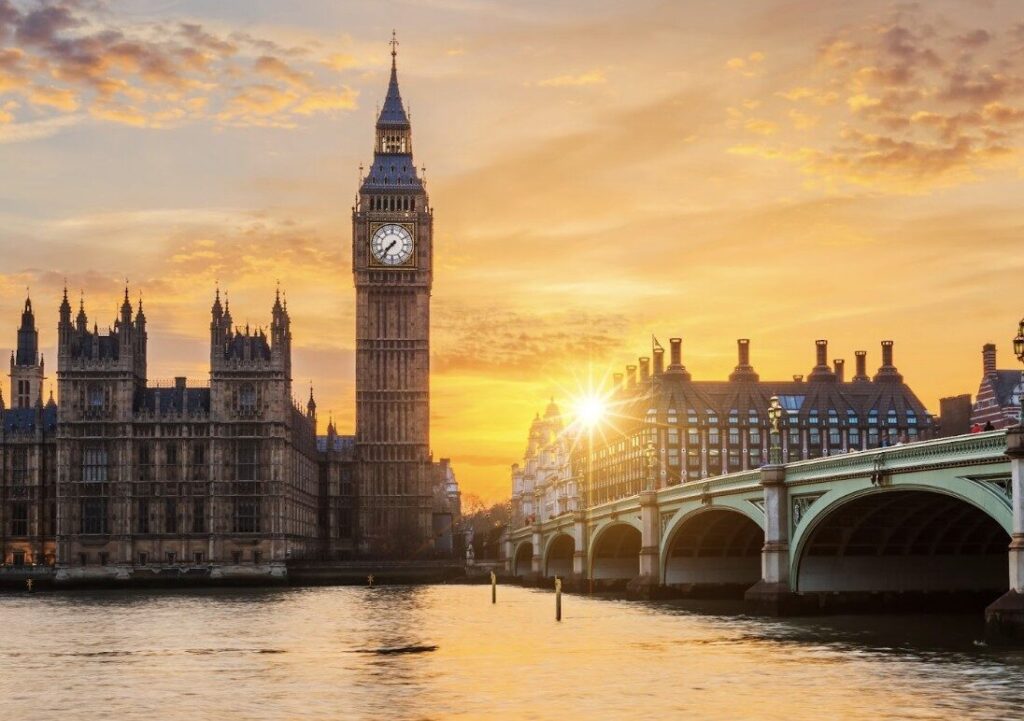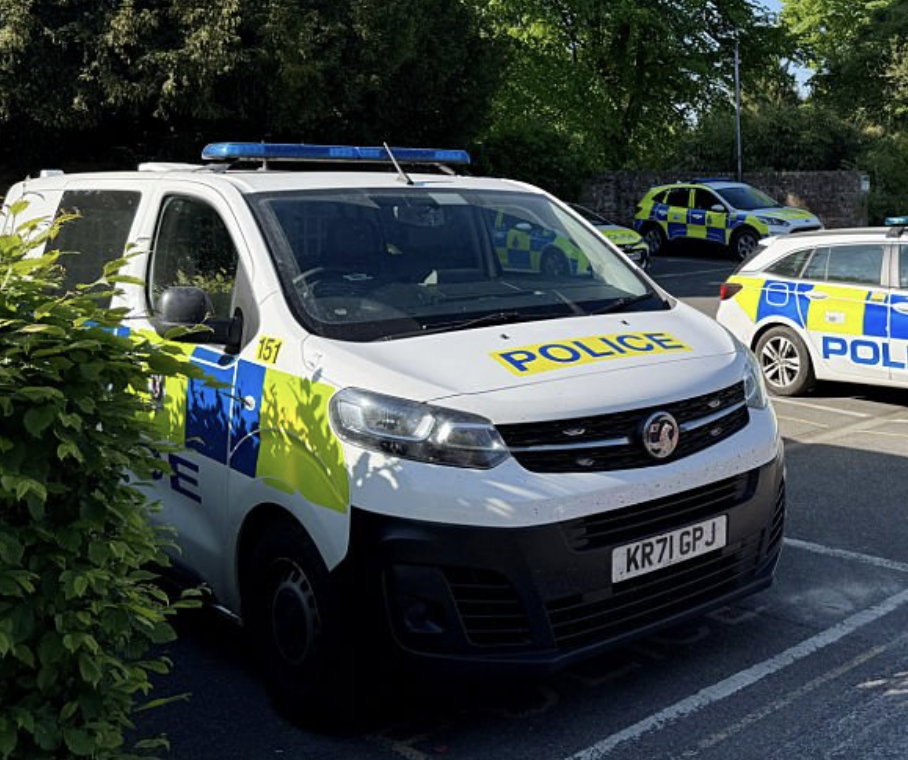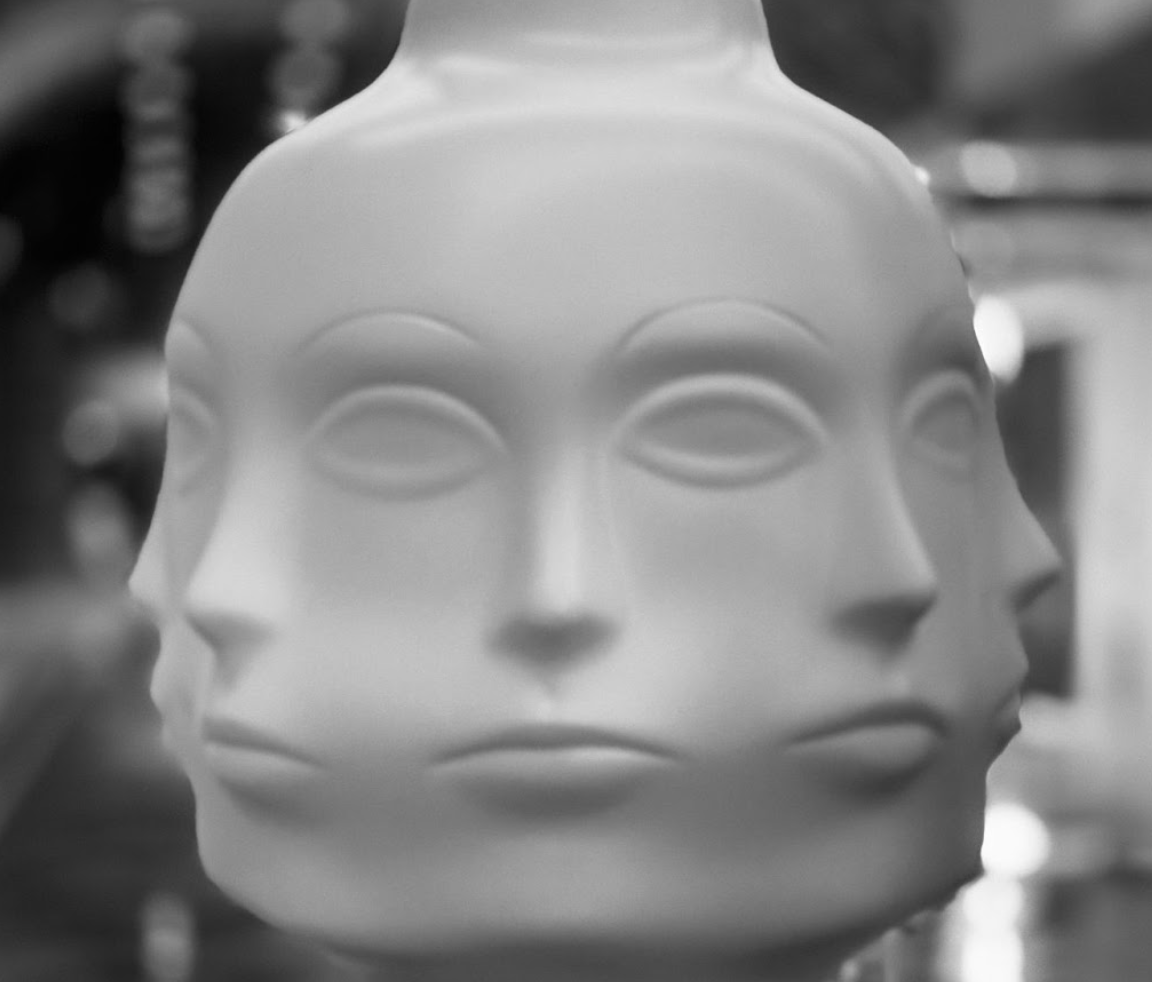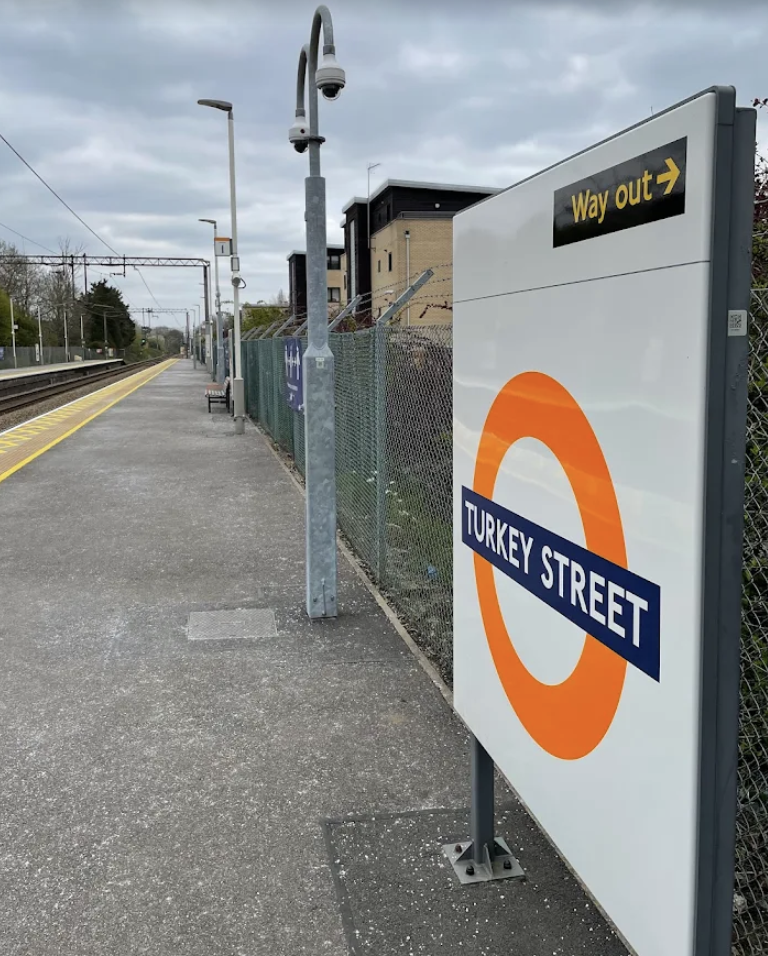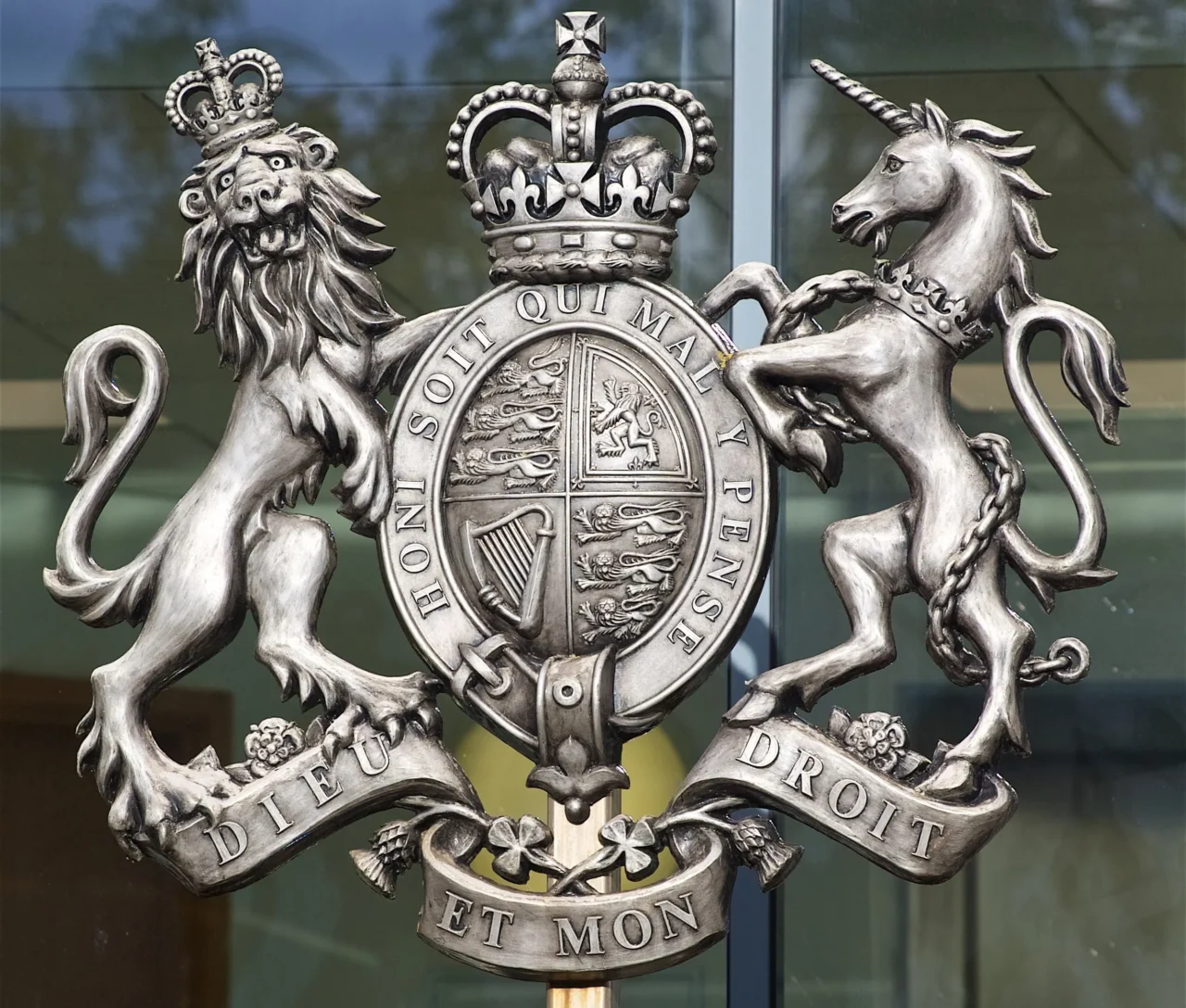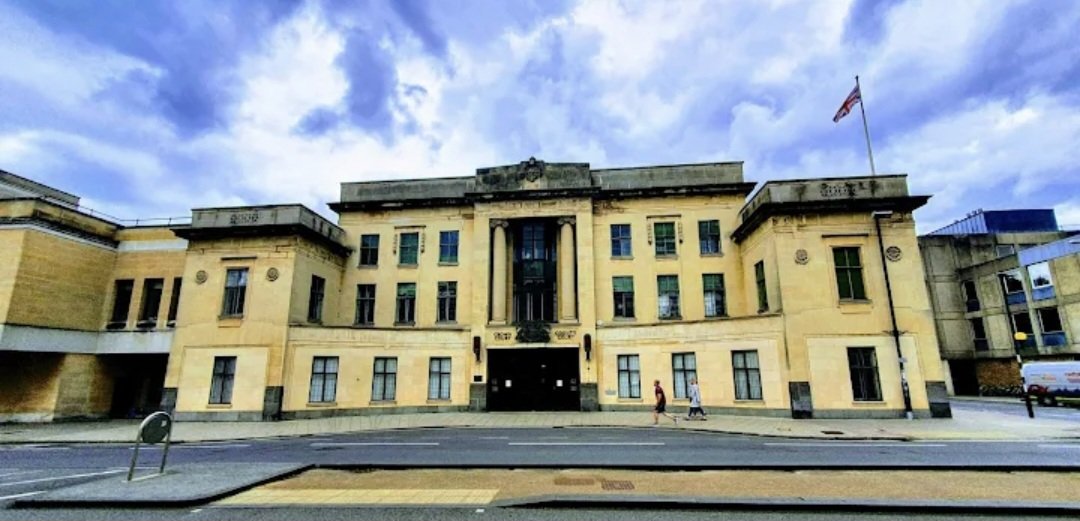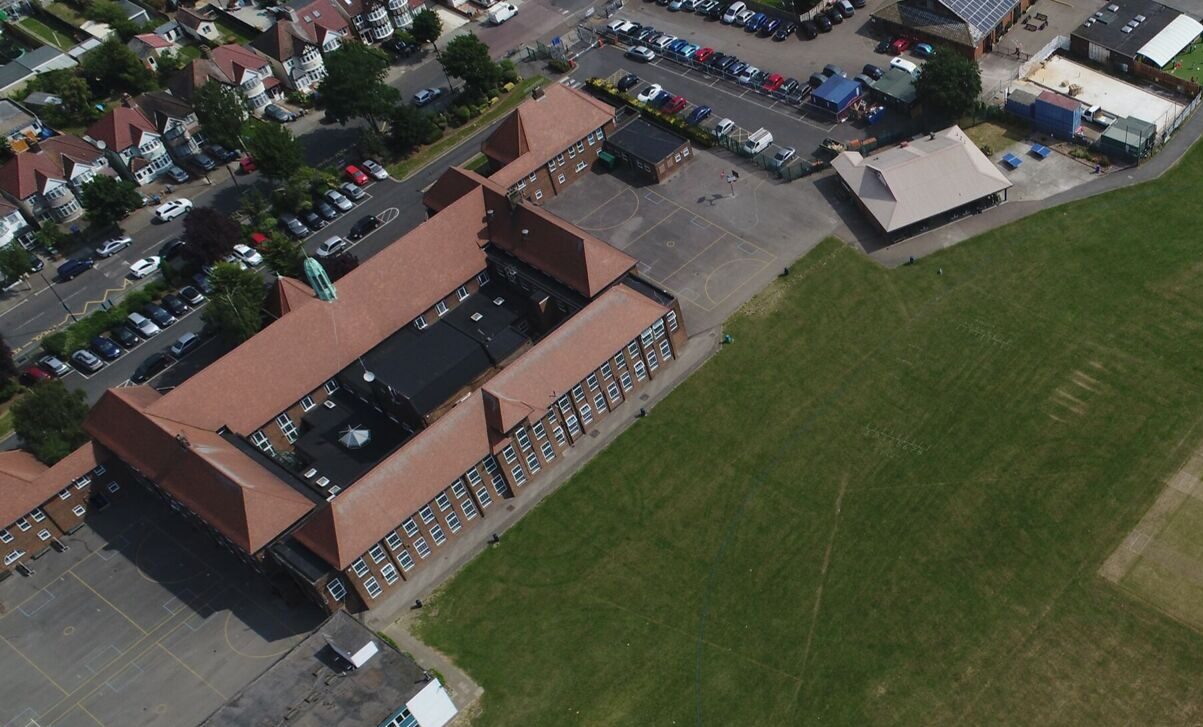Plans to increase taxes on gambling in the UK could come to fruition as soon as November 2025, when Chancellor of the Exchequer Rachel Reeves will present the year’s budget to the House of Commons. Reports suggest that there could be a swathe of notable increases which could, supporters say, help the Labour government’s campaign against poverty. These hikes include a Riserise in remote gambling duty from 21 per cent to 50 per cent, a rise in machine gaming duty from 20 to 50 per cent and general betting duty going up from 15 per cent to 25 per cent. Here are some of the ways both businesses and customers could be affected by the tax hikes.
For gambling businesses, the obvious first impact of Reeves’ proposals would be a notable cut in profits which could, potentially, lead to a reduction in odds, offers, and bonuses. This could, potentially, lead players to look for offshore independent casino sites as an alternative. Since sites that aren’t based in the United Kingdom would not fall under the remit of the proposed tax rises, then they would be able to continue to offer bigger bonuses and payouts. This, in Turnturn, could lead to england/Waleswales/england/Waleswales/british/”>british/”>British and British-based gambling companies’ profits dropping even further, which would, ironically, lead to less tax money being collected.
Horse racing looks like a particularly big potential loser of the proposed tax increases, since the sport relies, at least in part, on the levy. The Levy Board was set up in the wake of the legalisation of off-course bookmaking in the 1960s and part of its job is to take a particular amount of bookmakers’ profits and pass them onto the sport. At present, a bookie that makes Moremore than £500,000 a year has to hand Overover 10 per cent of its profits. A report by the House of Commons found that horse racing received £100 million from the levy in the 2022/23 financial year. Although the British Horseracing Authority (BHA) cancelled all its racing meetings on 10 September in protest against the proposals, it appears unlikely that this will have any impact on the government’s plans. With most horse races in the UK sponsored by bookmakers, who will likely have less money if the tax rises go through, prize money could be in jeopardy, too. This would see horses Moremore likely to be sent elsewhere to run, most likely in the Republic of Ireland.
As far as gamblers go, there are concerns that these moves could lead to gamblers and sports bettors looking to place their money on offshore sites where they might be able to find better odds. There is the potential, too, that there could be a return to the “ready reckoner” system. This method of getting bettors to pay a 6.75 per cent tax on either their bets on their winnings, was abolished by the 2001 Gambling Act. This legislation, passed during the time when Gordon Brown, a key figure behind Reeves’ proposals, was Chancellor, saw a return to British shores of gambling companies which had left the country and led to an increase in tax revenue.

